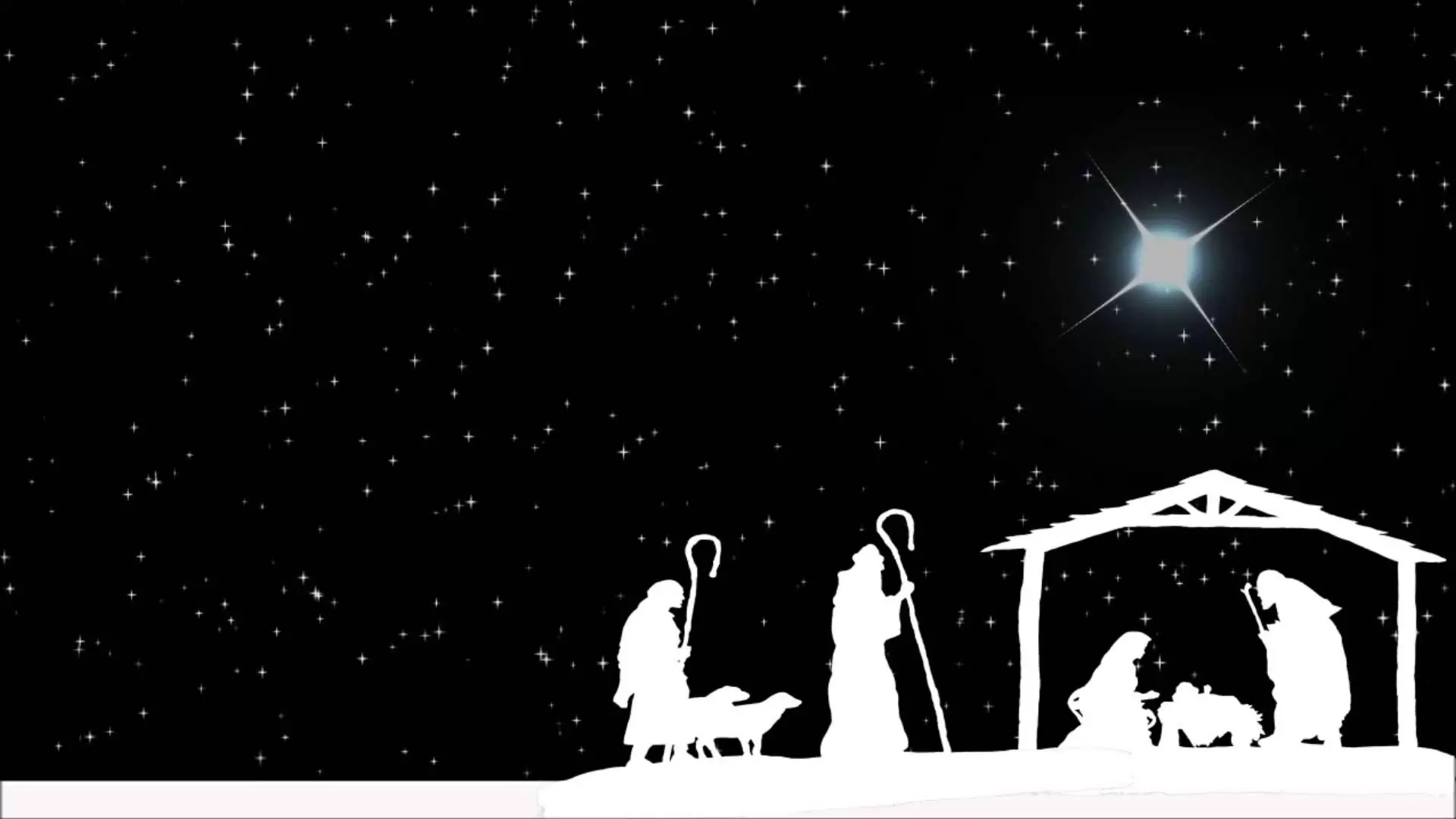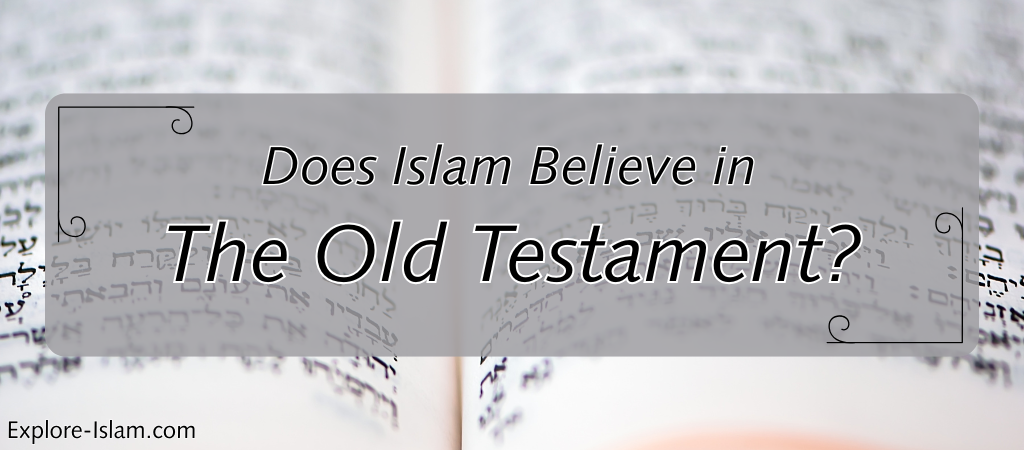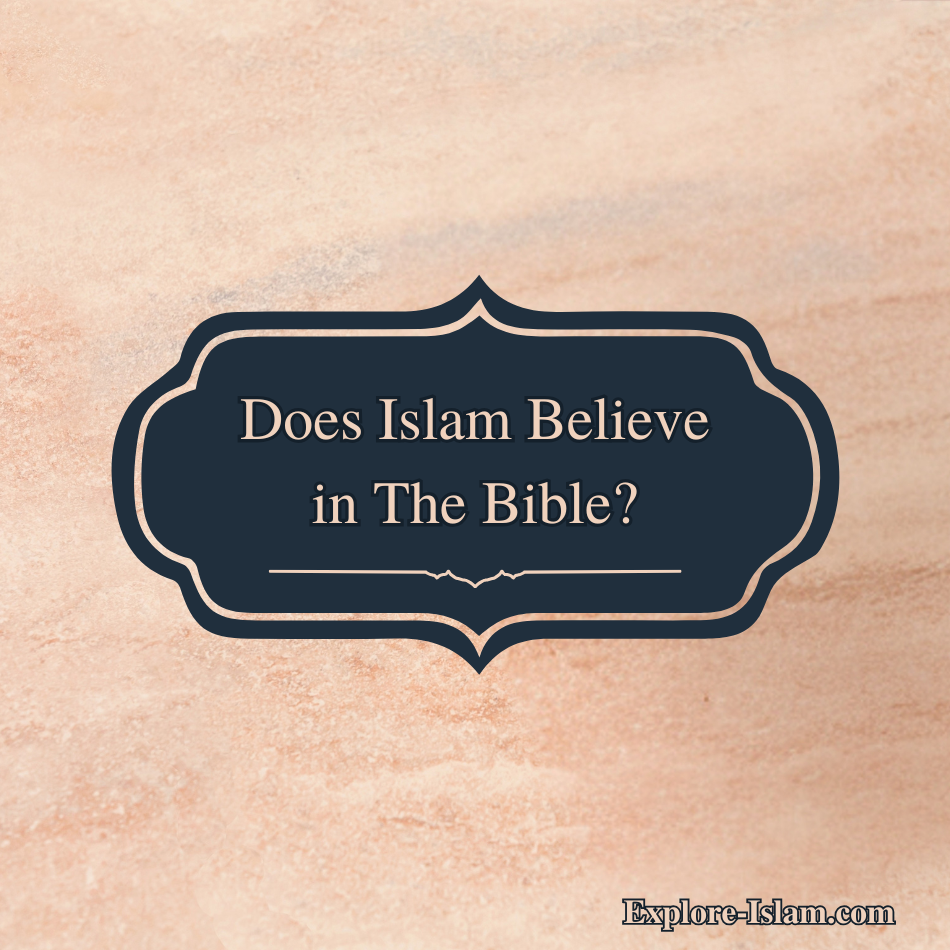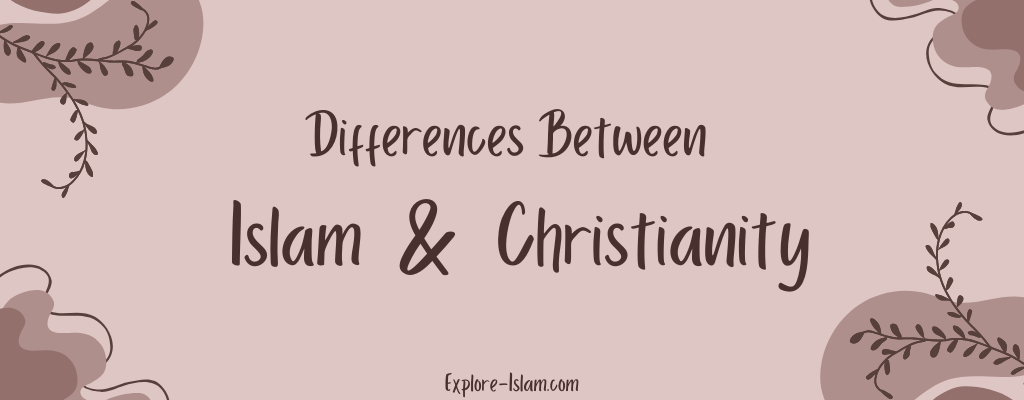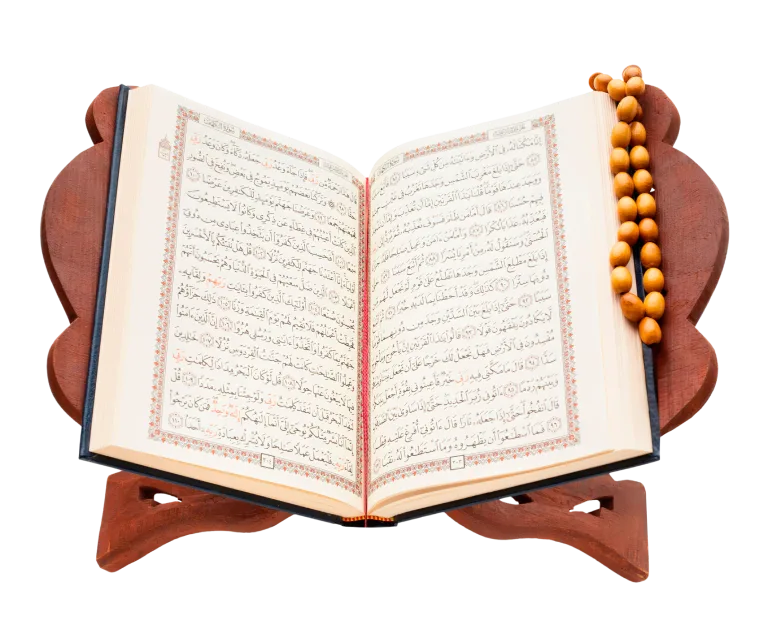Islam and Christianity, two of the world’s major religions, share many striking similarities rooted in their divine origins. Both believe in one God, honor sacred scriptures, and deeply respect Jesus (peace be upon him). Far from being opposing faiths, their teachings reveal common ground that is often overlooked.
Muslims are taught to recognize Christians as “People of the Book” and to affirm the original message of the Bible. From shared commandments to similar religious practices, both faiths uphold values of prayer, purity, and peace—reflecting a shared spiritual lineage that goes deeper than many realize.
The following are a group of similarities that you may be reading about for the first time:
1. Belief in the Original Bible
The Quran directs Muslims to draw Christians—referred to as “the People of the Book”—to the common beliefs between both:
“Do not argue with the People of the Book unless gracefully, except with those of them who act wrongfully. And say, ‘We believe in what has been revealed to us and what was revealed to you.’”
[Quran, translated meanings, 29:46]
While the original Bible is lost and distorted, based on Christian scholars, the current versions include scattered parts of truth mixed with distorted ones.
2. Belief in One God
Both the Quran and the Bible call for worshiping one true God. The Quran encourages Muslims to share the common beliefs with the People of the Book, stating:
“Our God and your God is ˹only˺ One. And to Him we ˹fully˺ submit.” [Quran, 29: 46]
Similarly, the Bible conveys the same message of worshiping one God, as Jesus said:
“The most important one,” answered Jesus, “is this: ‘Hear, O Israel: The Lord our God, the Lord is one.’” (Mark, 12:29)
Prophet Jesus (PBUH) never declared himself a god or asked his followers to worship him.
3. Love and Respect for Jesus (PBUH)
Islam urges Muslims to believe in the prophethood of Jesus as a fundamental part of Islamic faith. By understanding Jesus’ commandments in the Bible, one finds that Muslims are the only ones practicing all these commandments:
- Prayer by prostration: In Mark (14:35), Jesus’ prayers are described: “He fell to the ground and prayed,” which is the same form of prayer practiced by Muslims.
- Avoiding pork and wine: Jesus did not eat pork, as taught in Leviticus (11:7), and did not drink wine, according to 1 Corinthians 5:11. The Quran similarly directs Muslims to avoid pork and intoxicants in verses (6:145) and (5:90).
- Greeting with peace: Jesus used the greeting of peace, as mentioned in Luke (2:21), which is also the formal greeting of Muslims.
- Circumcision: Jesus was circumcised, as mentioned in Luke (2:21), and Muslim men are required to be circumcised.
4. Prophecy of Prophet Muhammad Mentioned in Quran & Bible
Both the Quran and the Bible confirm the Prophecies referring to Prophet Muhammad (PBUH) as the awaited Prophet:
A. Proof from Quran on Prophecies Found in Torah and Gospel:
The Quran highlights Prophet Muhammad’s (peace be upon him) mention in the Torah and the Gospel, calling sincere followers of these scriptures to recognize and follow him as the final prophet:
“˹They are˺ the ones who follow the Messenger, the unlettered Prophet, whose description they find in their Torah and the Gospel.” (Quran, 7:157)
B. Biblical Prophecies for Prophet Muhammad (peace be upon him):
Up until the birth of Jesus Christ (peace be upon him), the Israelites were awaiting both the Christ and a Prophet foretold in their scriptures. John the Baptist denieUp until the birth of Jesus Christ (peace be upon him), the Israelites were awaiting both the Christ and a prophet foretold in their scriptures. John the Baptist denied being either, confirming that the awaited prophet was still to come, as referenced in Deuteronomy 18:18.
d being either, confirming that the awaited prophet was still to come, as referenced in Deuteronomy 18:18. Following are a group of prophecies mentioned in the bible fitting Prophet Muhammad as the final Prophet sent by Almighty One God:
- Prophet Like Moses: Both Moses and Muhammad brought new covenants, had natural births, lived normal lives, and attained leadership and authority, unlike Jesus, who confirmed existing laws, was born miraculously, and was lifted by God without experiencing death.
- Unlettered Prophet: As described in Isaiah 29:12, the Prophet to come would be unlettered. Prophet Muhammad (peace be upon him), who could not read, perfectly matches this description, unlike Jesus, who was literate and read the Torah.
- The paraclete prophecy & its meaning: Jesus confirms the prophecy of Prophet Muhammad (PBUH) through various biblical references and linguistic evidence. In John 14:16, Jesus mentions the coming of the “Paraclete.” While Christians interpret “Paraclete” as a spirit, historical evidence suggests that many early Christians understood it to refer to a man, with some even identifying Prophet Muhammad as the foretold figure. The Greek word “Paraklytos” has been argued to be originally “Periklytos,” meaning “the praised one,” corresponding to the Arabic name “Ahmad,” one of Prophet Muhammad’s names.
These points make it evident that the prophecy refers to Prophet Muhammad (peace be upon him).
Learn more: Top 15 Differences Between Islam And Christianity
Conclusion:
Islam doesn’t reject Jesus—it reveres him as a prophet and messenger of God. Many of Jesus’ teachings found in the Bible are still actively practiced by Muslims today, such as prostration in prayer, abstaining from pork and alcohol, and greeting others with peace.
Ultimately, the Quran and the Bible both point to divine truth, and both acknowledge the prophecy of a final messenger—fulfilled in Islam by Prophet Muhammad (peace be upon him). These shared beliefs highlight not division, but a unified divine source of the original messages sent to Prophets ending with Prophet Muhammad (PBUH) and the Quran–the final and only preserved divine book for now.
Subscribe to Explore Islam newsletter now for more updated articles about religions!

